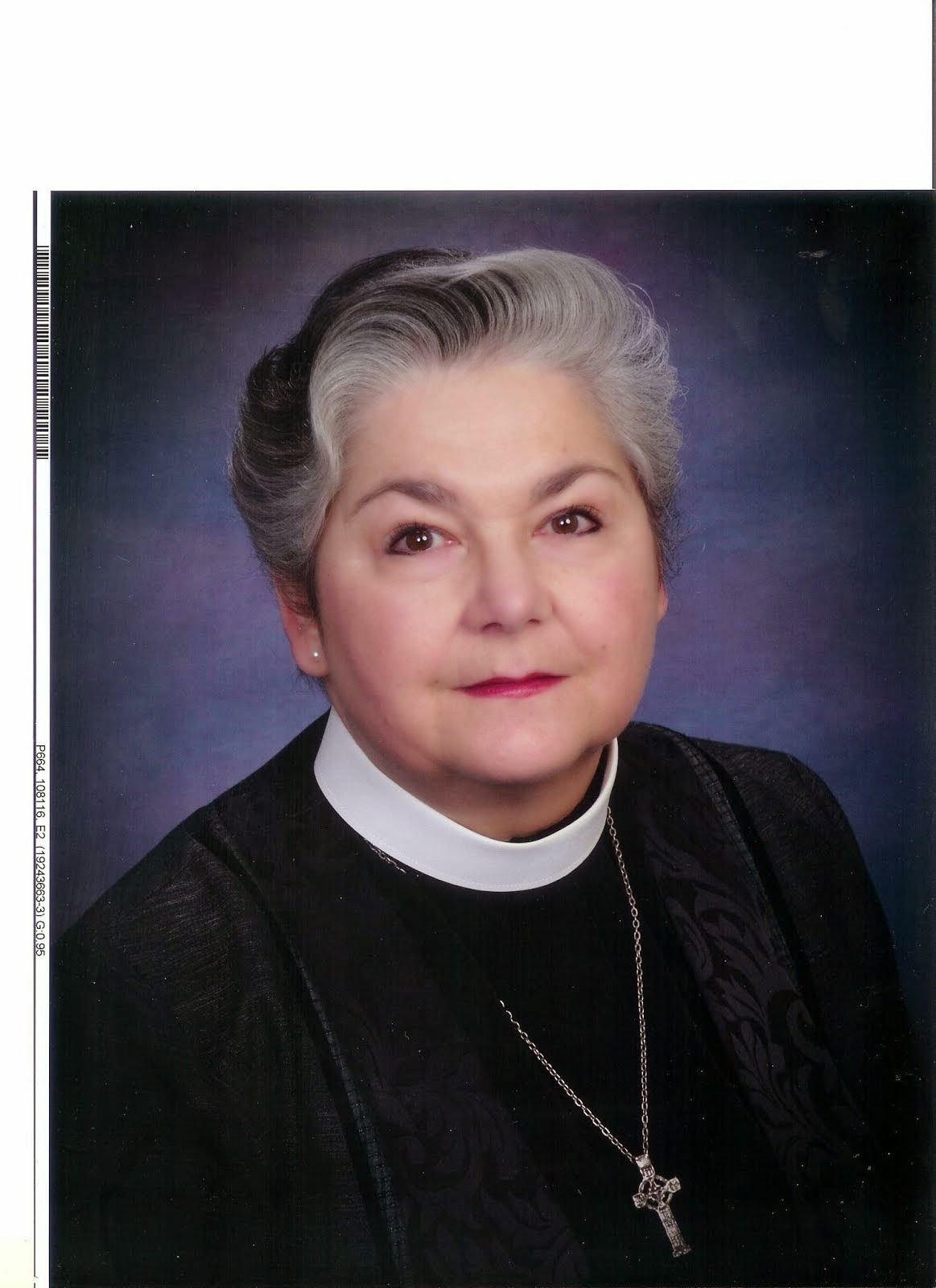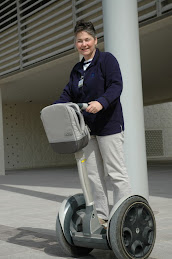We human beings love to build
structures that we define as “normal.” We do this so that we can feel like we
are in control of our world. We do it in so many aspects of our lives. We say that religion happens in buildings like
this one, and that liturgy has certain words said in certain order, and certain
kinds of music should be played.
We have structures at work, as well.
There are ways that bosses relate to their employees, and vice versa. There are
annual performance reviews that drive whether or not we get a bonus or a raise.
There are unofficial rules at the office: how often you can go out for a smoke
break before your coworkers grumble, how everyone kicks in to a fund to pay for
birthday cakes or for flowers for a coworker who is suffering a loss. Some
places take it as a hard and fast rule that you never know what your colleague
earns. In other places, you know exactly what pay grade she is.
School is no different. In some ways,
it’s even more regimented – what grade or class are you in, what are the
assignments, what do you have to know to pass this year’s SOL, which teachers
grade easily, which not so much…it is all part of our human desire to make
sense of our little corner of the world by categorizing, organizing, setting
rules.
And that is something that faces Jesus
in today’s Gospel.
Now this is quite early in Jesus’
ministry. As he heals and teaches and preaches, more and more people run to
him, pressing on him to help them. The story opens with him in the midst of all
these sick and broken people who are literally crushing him, trying to get
close. So he steps into a house belonging to a member of his family – we don’t
know whose house it is, but it is clear that the family members are starting to
worry about this situation. It only takes a glance at all the crazies and sick
people outside the door for them to wonder if maybe the problem is Jesus –
maybe he’s a little crazy too. Maybe he isn’t able to do what they think, maybe
he’s possessed by a demon – the stock excuse for any strange behavior back then
– maybe they need to do some sort of intervention. They’re worried. Meanwhile,
the conventional religious structure of the day, scribes, priests, are saying
that he is operating outside of the normal religious tradition and rules, and
suggest that he’s possessed – also a stock excuse to dismiss anyone with whom
they disagree – and that any power he has comes from the demon within him, Beelzebul.
Satan. They may not simply be jealous of his popularity, they may genuinely
worry that what he is doing is sinful or evil. They, too, may be thinking that
he needs the first century equivalent of an intervention.
What he is doing, after all, is
outside of the normal structures of religion, law, family. And when you do
that, people get uncomfortable.
So the story is set up. Desperate
people, huge crowds of them, are begging Jesus for healing. Most of them would
be categorized in that society as people who are possessed by demons that are
harming their bodies or their minds. The family and the religious leaders are
nervous and wonder what is going on here, and they say something to him about
it.
And what does Jesus say?
He says it is not a demon in Jesus
that is doing this healing. A demon cannot drive out a demon – that is a battle
of equals, and no one can win in that kind of battle. It is as if the power of
a demon is split in half, and the two halves are warring with each other. It
doesn’t solve the problem. Something or someone stronger has to conquer a
demon. And what is stronger than a demon? Jesus describes someone called “the
strong man,” the one who can conquer the power of evil in people and in the
world. And he offers words of warning: if people tie up or obstruct this strong
man in his work, his house can be plundered. All those who are in the house are
at risk.
It doesn’t take a biblical scholar to
realize that the “strong man” is Jesus himself, and that his words of warning
are a prescient view of how some are trying to obstruct Jesus in his work of supplanting
the structures that are of human making, that take us away from a right relationship
with our God.
Jesus’ words against those who speak
against what he preaches – and here he is talking about those religious leaders
who are obstructing his work and saying he traffics with demons – are harsh. He
says these are unforgivable sins. Those who fight him as a way of preserving
their own structures of power and influence are not destroying him – they are
destroying their own souls.
But then Jesus turns back to his own
family, his mother and brothers who have arrived. It doesn’t seem like they
were a part of the family group inside the house who thought Jesus needed an
intervention, but they are concerned, and they call out to him.
And some of those there say, “Your
mom and brothers are here and they want to talk to you.”
Jesus
then says something that lands very hard on our ears:
"’Who are my mother and my brothers?’ And looking at those who sat around
him, he said, ‘Here are my mother and my brothers! Whoever does the will of God
is my brother and sister and mother.’"
It sounds like he is rejecting his
own family, that human structure that supported him as he grew to manhood, that
helped him, fed him, prayed with him, walked with him. It sounds like he is
choosing this crowd of crazy people over his own flesh and blood.
Why would Jesus reject them?
Did he reject them?
Or did he do something very
different, redefining the structure of the family in a new way? Instead of
excluding his mother and brothers, was he instead including all the people,
including all the crazies and broken ones in the crowd as his family? Did he
demonstrate a very different response than was the expected one of honor to
family by saying the same kind of honor and loving relationship was not just
for blood kin, but for the whole of humanity, what would be later named the
whole body of Christ?
Here’s the thing about Jesus: he
knew all about the structures that humans create to make themselves feel
comfortable and safe in the world. He also knew that such structures are in
fact harmful if they get in the way of relationship with God. So the crazy,
scary thing that Jesus did was to upend those structures, to redefine them so
that they were life-giving, a fulfillment of God’s promise in Creation.
Was Jesus denying religion? No. He
was denying a religion that had become so encrusted with rules and concern for
human power that it forgot that it was about divine-human communion. Was he
denying the traditional family, whatever that is? No. He was denying the human
construct of the family that kept people in a place of “them” vs. “us.” He was
denying the things that exclude, that judge, that separate. He was about
breaking down the walls that keep us apart from one another as part of the Body
of Christ.
To the scribes and the priests and
the Pharisees, this was demonical anarchy. To some members of his biological family,
this was a disrespect to his family’s honor. But to us, it is something very
different.
It is the opening of the possibility
that we can be in communion with God and with all of God’s people, without the
structures that keep us apart. That’s a scary thing, because we like our safe,
snug little structures that keep us with folks who think like us, who believe
like us, who look like us. But those aren’t the people whom Jesus identified as
his family. It was the crowd, that messy, hungry, sick, frightened crowd.
That crowd? We may resemble them
more than we know. Be grateful for the Christ who broke down the walls that
divide us, and follow him.
Amen.







No comments:
Post a Comment